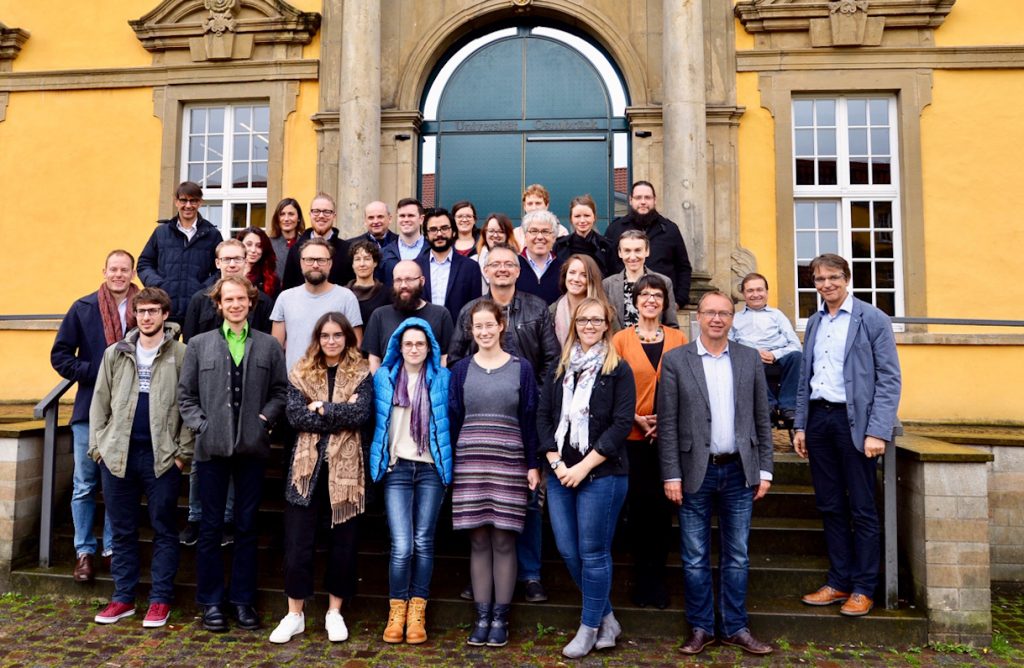
About us
Research Training Group “Situated Cognition”
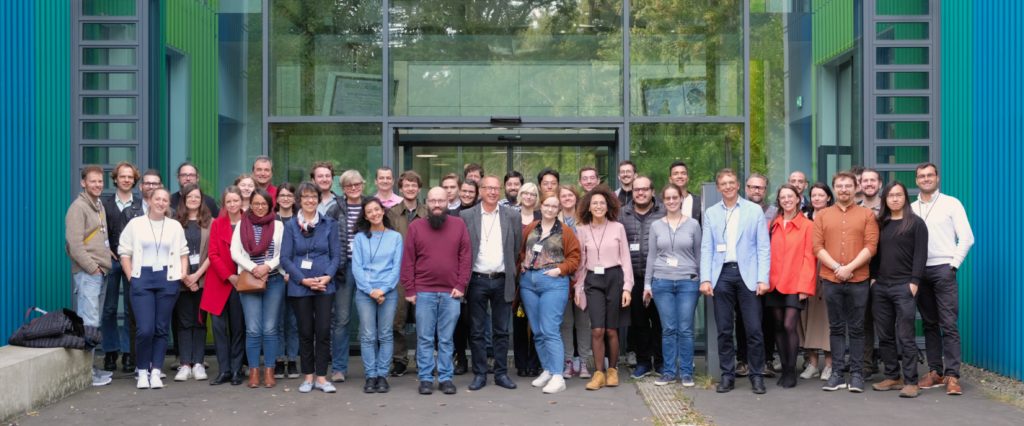
The joint Research Training Group (RTG) is based at the Ruhr-University Bochum and Osnabrück University. Methodologically, it connects philosophy of mind and cognition, on the one hand, and the cognitive sciences, on the other. The main goal of the RTG is to identify deficits in traditional conceptions of the human mind and to refine and enhance the existing conceptions by drawing on new developments in the cognitive sciences that have not yet made their way into the prevailing philosophical approaches.
In particular, the goal is to assess the explanatory potential four leading paradigms in current cognitive science, usually referred to by the labels “embodiment,” “enactment,” “embeddedness” and “extendedness,” have with regard to four central cognitive phenomena that have been of longstanding philosophical interest, viz., perception, agency, emotions and social and linguistic understanding.
Philosophical analysis is the prime objective of the RTG. Philosophical analysis provides the conceptual framework for the investigation of the four central cognitive phenomena and it fosters the RTG’s understanding of these phenomena by integrating the results of empirical research and philosophical theorizing into a unified theoretical framework. In doing so, work within the RTG relies heavily on reviewing empirical studies as the background of philosophical theory formation, on the philosophical interpretation of the latest cutting-edge experiments, and on the direct critical interaction with colleagues from the respective empirical disciplines. Since research on mental phenomena has become a decidedly interdisciplinary endeavor over the past two decades, it is inevitable that representative empirical studies are systematically integrated into the RTG’s work. The overarching goal is to develop an account of cognition, by integrating in a philosophically critical way both the empirical advances over the past decades and current conceptions of various cognitive phenomena, in particular with regard to their essentially situated nature. This reflects the RTG’s deep conviction that only a joint effort and the interplay between empirical and philosophical research can provide us with an adequate account of cognition and thus the human mind.
Third cohort (2023-2026)
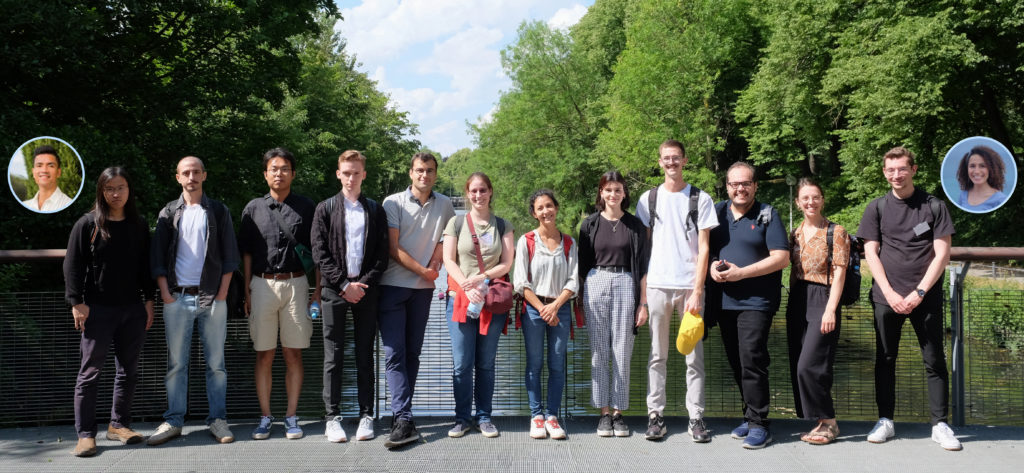
Our third cohort of PhD-researchers will both extend work by our previous cohorts as well as explore new fields and questions that have been left unattended thus far. By bringing together several disciplines and topics relevant to Situated Cognition, we aim to continue with our RTG’s core aims to productively round up this research collaboration. This highly interdisciplinary and international group is dedicated to investigating topics such as the role of representations in cognitive processes, the role of the body as well as physical and social conditions for the realization of mental phenomena. Some projects also bridge the perspective from mental capacities of humans to that of nonhuman animals. We also most recently include the challenge of AI by investigating conditions of autonomous driving – from both theoretical, methodological and empirical perspectives. Next to a strong basis in philosophical theory formation, insights and approaches promoted by experimental psychology and neuroscience are also essential to the work of the research training group which strives for a strongly interdisciplinary approach. The combination of philosophical deliberations with experimental work has always been central to this RTG and continues to play a crucial role in the last cohort’s training and projects. Bringing together several disciplines – through our shared conviction that mind and cognition require an explanation beyond the brain – allows for a more encompassing theory of mentality. With this new cohort we continue our aim of going beyond the constraints established by more traditional approaches like the sandwich model and aim at fostering a more situated view of cognition.
Have a look at their projects here.
Second cohort (2020–2023)
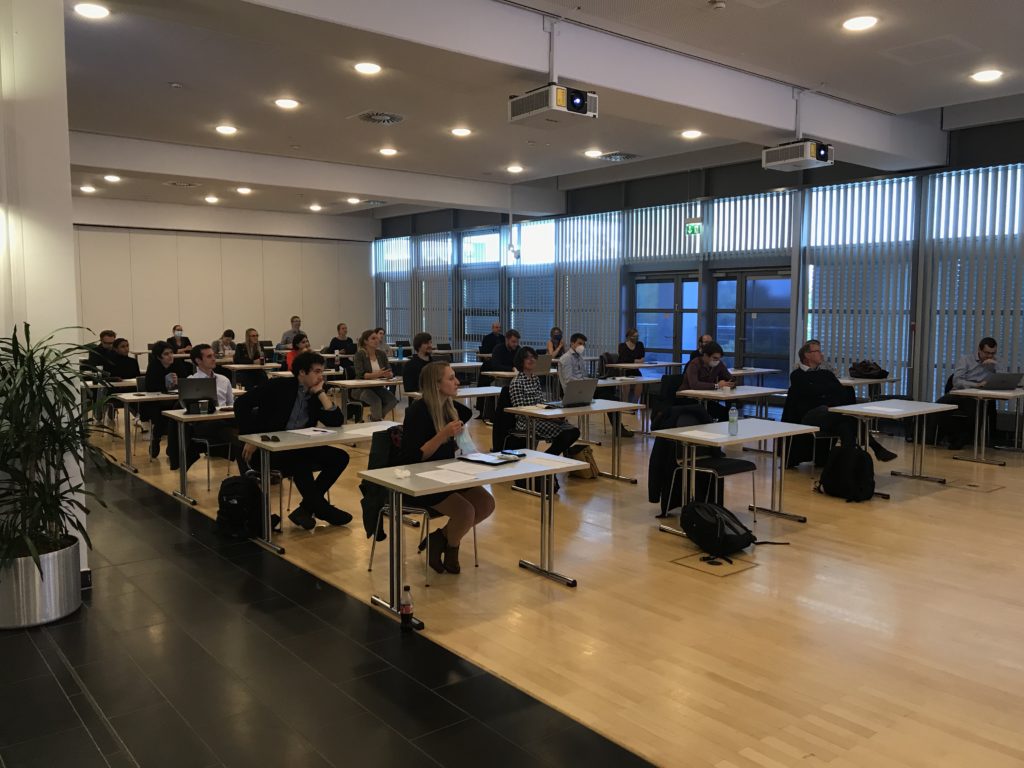
With the second cohort of PhD-researchers we aim to integrate applications with new perspectives including ontogenetic and phylogenetic studies as well as investigations about special mental states (disorders). Since the RTG has a clear focus on philosophical theory formation, all applications have a close relation to theory formation. Concerning the core concepts, we argue that the 4E distinction should be substituted by a 3E distinction resulting in “embodiment”, “enactment”, and “environmental scaffolding” (the latter being more fruitful than “embeddedness” and “extendedness”) as central concepts. Furthermore, in the meantime it seems obvious that the classical understanding of mental representation (in line with Fodor) is untenable. We have developed a minimal consensus within the RTG that we need mental representations to deliver adequate descriptions of some mental phenomena but their contents have to be characterized as flexible as well as dependent on context and explanatory interest. On this basis we aim to develop a theory of mind and cognition which denies rigid neural modules, accounts for multiple interactions between brain and body as well as integrations with the physical and social environment. To this end we already have worked out some building blocks which should be unfolded in the second phase and ideally be integrated into a new theory of the nature of cognition. We are convinced that only a joint effort and the interplay between empirical and philosophical research enable us to reach this goal.
Have a look their projects here.
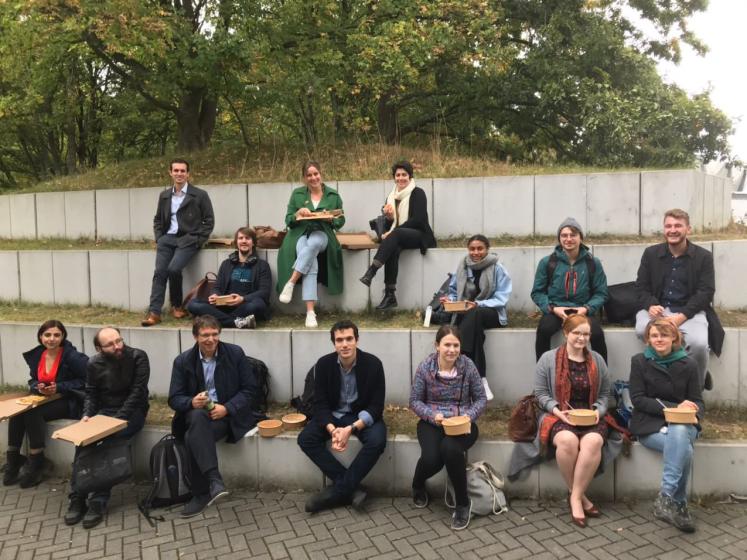
First cohort (2017–2020)
The projects of the first cohort, together with a detailed description, can be found here.
